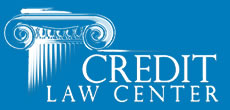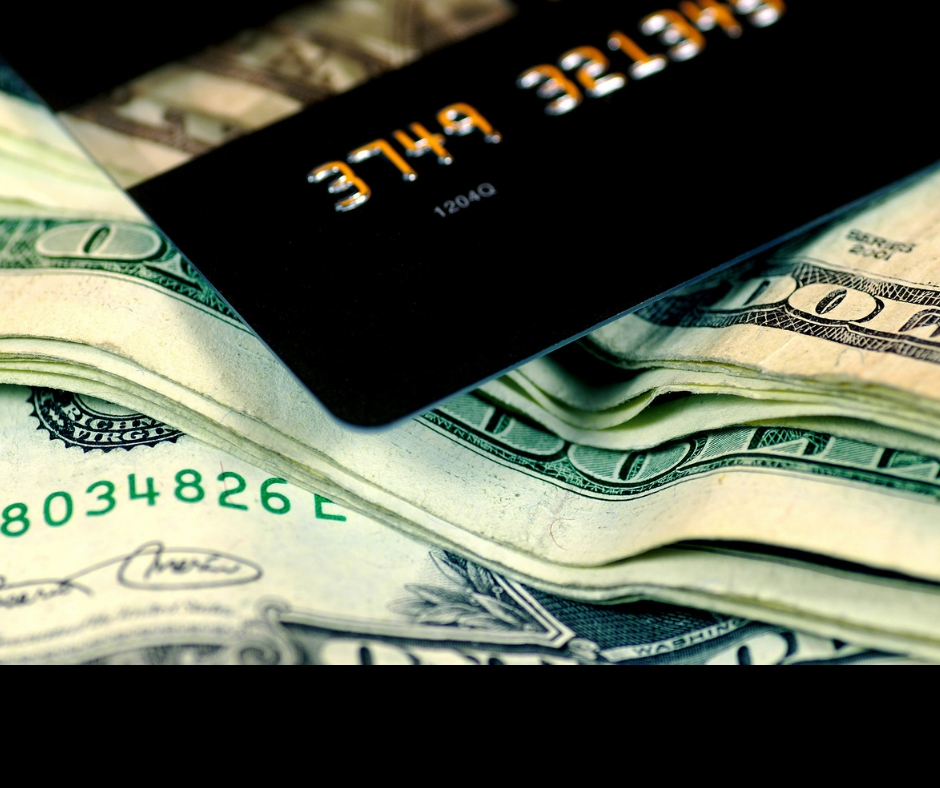Making the most of your credit cards
Credit cards are one of the easiest and most accessible ways to build credit , but can a detriment to your finances if you don’t know how to utilize them properly. If utilized incorrectly, you could find your self with extraordinary amounts of debt, a low credit score and even miss out in extremely beneficial opportunities! Today we will go over how exactly credit cards operate and provide the knowledge you need to avoid common mistakes!
1. How a credit card works
When you purchase anything with credit, you’re not paying for it right away. Your credit card issuer pays for the item and then sends you a bill for the purchases that you have made during the billing cycle. Once you receive the bill, you begin making payments towards paying off the debt owed. You can only charge up to the provided credit limit and must pay down the amount to make further purchases.
There is normally a grace period of at least 20 days beginning at the end of the billing cycle. If you pay your credit card bill in full before the grace period ends then you won’t have to worry about your cards APR! If something happens and you are unable to pay the full amount of the bill, the remaining amount will accrue interest. Most credit cards have fairly high interest rates and in some cases, can reach over 30%! This interest will causes your balance to increase faster and will make paying off your debt much more strenuous! The more purchases made, along with the looming interest, is the reason many slip into debt!
Your credit card statement will list a minimum payment that you you must make for that month. If you fail to pay this minimum payment (you can always pay more than the minimum) by the end of the month, then the borrower will consider this a late payment. This late payment will not only further affect your APR, but will also be reported to your credit report, potentially harming your score.
At this point a debt is owed and if not properly taken care of, can be transferred to collections or be bought by a debt collector. This will damage your credit report even further and about 7 years to fall off the report if not handled.
2. How you’re going to pay back what you owe
It is essential that you always pay your credit card bill in full every month so you do not need to worry about interest rates or the threat of a late payment. Regulate how much you’re spending and don’t charge more than you can comfortably afford to pay back if you can help it. A good rule of thumb is to keep your credit utilization as low as possible (preferably below a 30% utilization rate). This means that if you have a cap of $1000 on your credit care, you want to try to keep the balance below $300 if possible!
For those out there that have accrued credit card debt, you should make a plan to pay back what is owed as soon as possible! Though this process can take a few months or even a few years, it is important to eliminate the debt as fast as possible! First, make a list of all the cards that are currently carrying a balance, noting their interest rates, balances, and minimum payments. Put those cards in order, starting with the card with the highest interest rate and amount owed. Make your minimum payment on all of your cards and put any remaining money on the card with the highest interest rate until the card has been fully paid. After that, move to the next card with the next-highest interest rate and continue the process
There are many other ways to address credit card debts such as debt negotiation, payments plans and so on. This is a story for a different blog and each option has its pros and cons to cleaning up your debt.
3. How to keep your credit card information safe
Sadly, credit cards are a prime target for identity thieves , who look to use stolen card info to make as many purchases as possible without your knowledge. Most companies are pretty vigilant when it comes to notifying you of suspicious activities or locking the account! It is important to keep an eye on your report and your spending so that you can cancel your card as quickly as possible when identity theft occurs. Keep your information secured, do not purchase from unsecured sites or give your information to a non accredited source.
We are a society of technically advanced individuals and have data for almost every aspect of our personal life. In some cases, data breaches can occur and a mass amount of information becomes available to an unsavory crowd. Many times, these businesses will catch the breach, but some may find it too late. This is why it is important to know where you can access your spending reports and take steps to mitigate the outcome of a breach.
Check your credit card statements monthly for any charges you don’t recognize and notify your card issuer immediately upon their discovery . You will want to change your passwords to personal accounts or add secondary security measures such as SMS codes or external validation upon login.
You want your credit card history to be beneficial to you, not a burden, so be diligent when using your card. If you spend only what you can afford to pay back, secure and protect your credit card information carefully, and always pay your bill on time, you will reap the benefits and not have to worry about the consequences associated with mismanagement!
If you have been affected by identity theft or credit card debt, call Credit Law Center at 1-800-994-3070 for information and assistance with your report!
For more information on Credit Law Center and Credit Repair, find us at https://www.creditlawcenter.com/credit-repair/
Article written by Joe Peters

